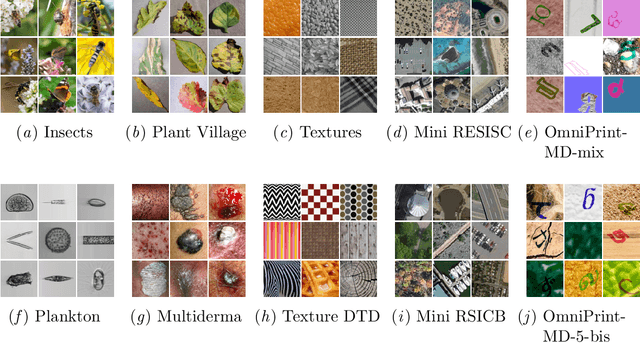Lessons learned from the NeurIPS 2021 MetaDL challenge: Backbone fine-tuning without episodic meta-learning dominates for few-shot learning image classification
Paper and Code
Jun 15, 2022

Although deep neural networks are capable of achieving performance superior to humans on various tasks, they are notorious for requiring large amounts of data and computing resources, restricting their success to domains where such resources are available. Metalearning methods can address this problem by transferring knowledge from related tasks, thus reducing the amount of data and computing resources needed to learn new tasks. We organize the MetaDL competition series, which provide opportunities for research groups all over the world to create and experimentally assess new meta-(deep)learning solutions for real problems. In this paper, authored collaboratively between the competition organizers and the top-ranked participants, we describe the design of the competition, the datasets, the best experimental results, as well as the top-ranked methods in the NeurIPS 2021 challenge, which attracted 15 active teams who made it to the final phase (by outperforming the baseline), making over 100 code submissions during the feedback phase. The solutions of the top participants have been open-sourced. The lessons learned include that learning good representations is essential for effective transfer learning.
 Add to Chrome
Add to Chrome Add to Firefox
Add to Firefox Add to Edge
Add to Edge